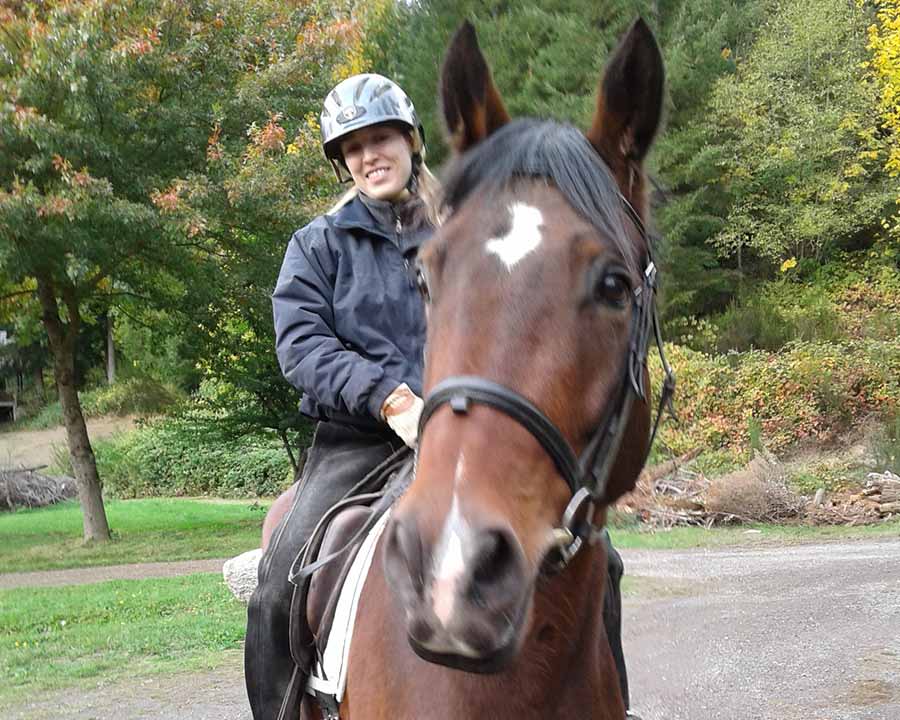Protection & Prevention
Combined with regular wellness exams, equine vaccinations, dental care and parasite prevention form the foundation of your horse's routine healthcare.
Preventive care ensures that your horse lives a long and healthy life. Our team will collaborate with you to develop a preventive care plan tailored to your horse's specific needs, lifestyle, and potential risks.

Types of Vaccinations For Horses
The following are the two different categories of equine vaccinations we provide.
-
Core Equine Vaccinations
The five core diseases that all have significant fatality rates in horses are:
- Rabies
- West Nile virus
- Eastern and Western equine encephalomyelitis
- Tetanus
According to the American Association of Equine Practitioners, all horses are susceptible to these potentially fatal diseases and should be vaccinated annually.
-
Risk-Based Equine Vaccinations
The following vaccinations are given if your horse's lifestyle may put them at risk:
- Equine influenza virus
- Herpesvirus
- Strangles
- Potomac horse fever
- Botulism
The Importance of Routine Exams
Vet checkups for horses are critical to helping your horse maintain good long-term physical health.
Combined with regular vaccinations, parasite prevention, and proper nutrition, these routine examinations, including regular physical checkups, can help identify minor problems early in the course of a disease.

